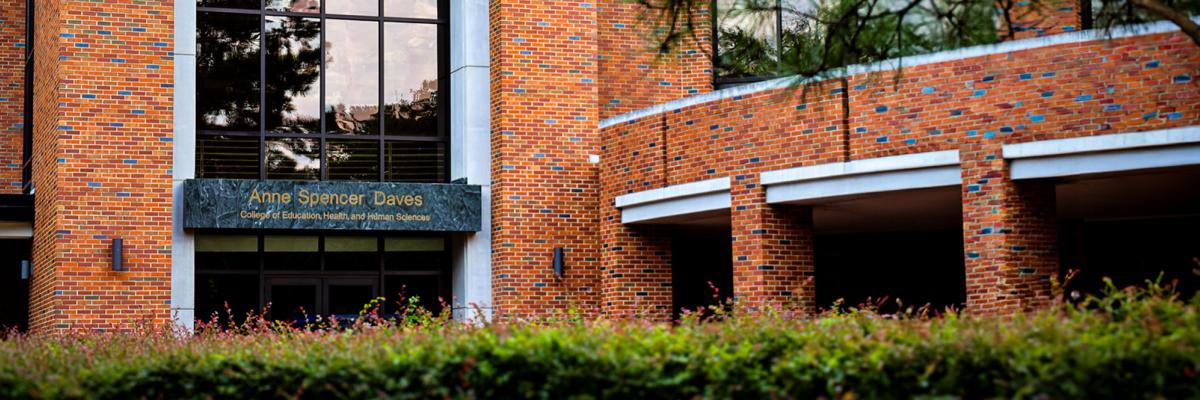AI Innovations in Higher Education: Spotlight on FSU’s Dina Vyortkina, PhD
As assistant dean for Innovation and Instructional Technologies Enhancement at the Anne Spencer Daves College of Education, Health, and Human Sciences, Dina Vyortkina, PhD, helps facilitate the integration of innovative teaching and learning technologies. In addition to researching and exploring applications for generative AI in education, Dina has been providing leadership that encourages faculty to build their foundational knowledge of AI and help students develop ethical, responsible, safe, and secure AI practices.
Dina first began experimenting with artificial intelligence (AI) technologies in 2022. Intrigued by its potential in both K12 and higher education, she continued to explore AI and deepen her understanding through professional education opportunities. She also began discussing AI in teaching and learning with faculty around the world, presenting on the topic at meetings and conferences.
 In the fall of 2024, Dina joined the FSU Artificial Intelligence in Education Advisory Committee where she helped shape what, in her words, would become a “grounded, FSU-specific understanding of how AI is transforming higher education – and FSU in particular.” As part of the committee, she provided real-world insights and a practical view of AI’s implementation in higher education, helping clarify the steps that would be necessary for a successful adoption of AI at FSU, especially given the complicated landscape of AI policy, ethics, research, and teaching concerns.
In the fall of 2024, Dina joined the FSU Artificial Intelligence in Education Advisory Committee where she helped shape what, in her words, would become a “grounded, FSU-specific understanding of how AI is transforming higher education – and FSU in particular.” As part of the committee, she provided real-world insights and a practical view of AI’s implementation in higher education, helping clarify the steps that would be necessary for a successful adoption of AI at FSU, especially given the complicated landscape of AI policy, ethics, research, and teaching concerns.
For Dina, innovations like AI teaching assistants and the ability to personalize learning are some of the most exciting developments for education. She uses AI to create outlines for professional development sessions, design concept maps and infographics, develop interactive learning activities, and summarize videos. She has also used AI to make courses more engaging and relatable by generating images and inserting humor. Dina is currently “exploring ways to use AI responsibly and ethically for research purposes and tasks: from ideation to literature review, data collection, data analysis, and writing."
“I would love all our students to not only learn about foundations of AI and its key concepts but also be mindful of human-centered issues around AI (ethics, bias, accountability, privacy, security, etc.).”
Dina is a passionate advocate for AI literacy, stressing its importance to the university’s success with AI initiatives. She is a firm believer that faculty, staff, and students should have access to “curated courses and resources” that help them develop a foundational knowledge of AI. Because AI tools change, Dina believes a “well-designed AI literacy framework should emphasize a mindset rather than a toolset.” Whether actively teaching AI or communicating about AI in course syllabi and assignment instructions, Dina encourages faculty to help students “shape their own values and establish ethical, safe, and secure practices” for the use of AI.
When asked about the AI skills students should attain before graduating, Dina says students should “not only learn about the development of AI in the United States and internationally, as well as foundations of AI and its key concepts, but also be mindful of human-centered issues around AI” such as ethics, bias, accountability, privacy, and security. Ideally, FSU students should know how to “select the right AI tools, evaluate and appraise them, [ensure they comply] with data privacy and ethical guidelines,” and judge the quality of their AI outputs.
So far, Dina has been “happy to see that AI developments at FSU are deeply collaborative, not just technical.” FSU’s AI initiatives have already influenced broader conversations about best practices, and time will tell how AI faculty leaders like Dina continue to contribute to these exciting changes.


